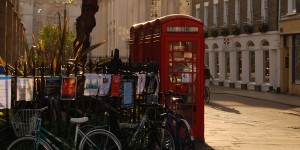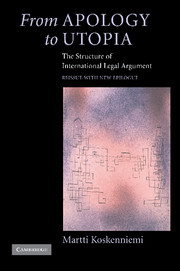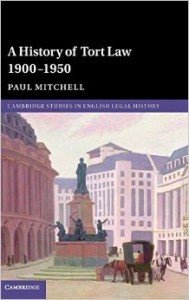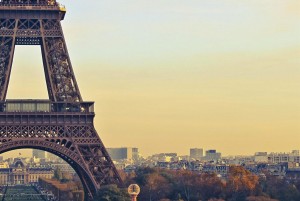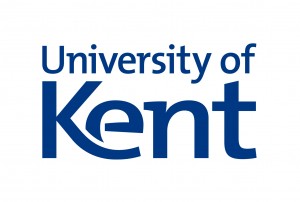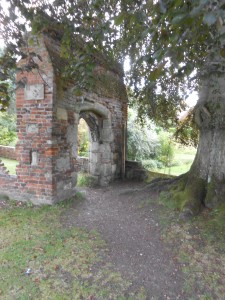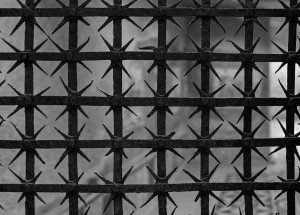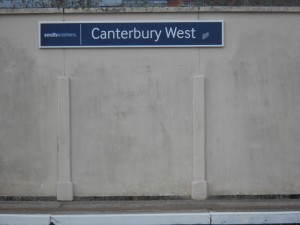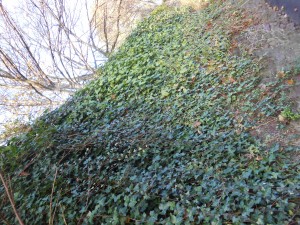Conference of the Munich Doctoral Program for Literature and the Arts
MIMESIS
Centre for Advanced Studies, LMU Munich
29-31 October 2015
Fakes, forgeries and counterfeits are omnipresent as works of art,branded products, biographies, satellite pictures, documents, news,research results, testimonies. They are mimetic practices of unique cultural, economical and political relevance. They alter reality, make history and perform cultural work. As their impact contrasts with their negative connotation, why are they still first and foremost considered as fraud, as deceit, as the shadow of a creative act?
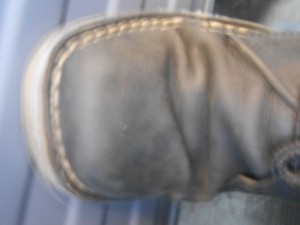
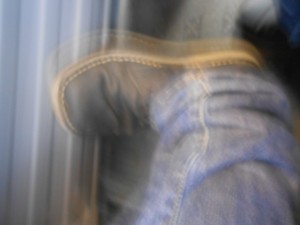
The conference aims to engage an interdisciplinary dialogue on the potential impacts of fakes, involving literature, performance and media studies as well as art history and musicology, with their diverging media and multiple concepts of the original. These practices should be understood as productive mimetic processes and not as morally and
legally problematic phenomena. If the so-called original is mimetically constituted, as in the case of art forgery, then faking becomes a phenomenon in the second degree. May that be the fundamental reason for them being discredited? These and similar questions should be discussed with respect to the following research areas:
1. Faking as process: Fakes, forgeries and counterfeits manifest themselves mostly in objects, which are always embedded in intricate cultural processes. Their success rather depends on the way they are placed in particular power and discourse structures, and less on craftsmanship or on the materiality of their media. Fakes reflect epistemic frontiers, cultural conventions and social mechanisms, or work to make them visible in the first place. Recent cases (e.g. Wolfgang Beltracci’s art forgeries) as well as historical ones (e.g.
The Poems of Ossian, The Protocols of the Elders of Zion) show that counterfeits respond to blank spaces (Reulecke), collective needs and expectations and are often even deliberately directed at these. Is this the reason why the unmasking of a fake appears so unsettling, even subversive like hoaxes, or does it only reinforce dominant structures?
2. Fakes in intercultural contexts: The discussion on forgery is closely related to historic-ally and culturally informed ideas of authenticity, legality, authorship, creativity, tradition and innovation. Not only the concept of faking, but also the entire scale between the authentic and the faked (Keazor) must be considered within its cultural context. When objects are transferred from one cultural sphere to another, the question arises of how and whether their status changes from fake to authentic or vice versa. Does the investigation of
faking from non-European or postcolonial perspectives demand a more complex approach?
3. Forgery and related phenomena: Are fakes, as mimesis of mimesis, mimetic procedures in the second degree marginalized and stained by the defect of the non-original? From this point of view one encounters a number of related phenomena, which do not constitute a fake in the literal sense, but are based on equivalent processes of production and
reception, such as repetition, translation, copying, citation, appropriation. As in the case of faking, the difference between the model and the imitation frequently becomes imperceptible. Self-reflexive, playful practices have emancipated themselves from the
status of the non-original: Among them are pastiche, reenactment, appropriation art, pseudotranslation, mockumentary. Can these phenomena be productively considered alongside practices of faking? Is such a shift of perspectives also conceivable for forgery?
We invite proposals from the areas of literature, performance and media studies as well as art history, musicology and related fields. Submissions from junior researchers and Ph.D. students are welcome. Papers should be 20 minutes in length and, if possible, be given in
English. Travel expenses and accommodation will be provided within the limits of the budget.
Please send an abstract of no more than 2000 characters and a brief CV (including contact information) until 15 March 2015 to forgery@lrz.uni-muenchen.de.

